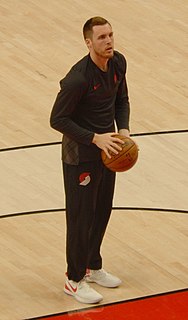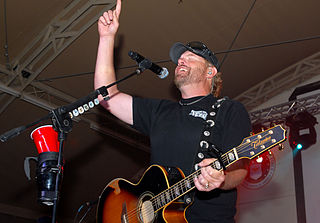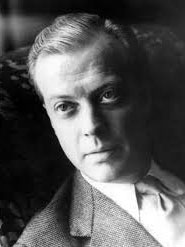A Quote by Stella Young
As disabled people, we are taught from a young age that those who are attracted to us are to be regarded with suspicion.
Related Quotes
People need to learn how to respond to each other's hatreds with love - which is what Jesus taught us, which is what Buddha came here to teach us, which is what Muhammad taught us, which is what all of the great spiritual masters who have ever walked among us who live at those highest energies taught us - responding to force with more force will just create more problems.
It is not a question of patronizing philanthropy towards disabled people. They do not need the patronage of the non-disabled. It is not for them to adapt to the dominant and dominating world of the so-called non-disabled. It is for us to adapt our understanding of a common humanity; to learn of the richness of how human life is diverse; to recognize the presence of disability in our human midst as an enrichment of our diversity.
Freud taught us that it wasn't God that imposed judgment on us and made us feel guilty when we stepped out of line. Instead, it was the superego - that idealized concept of what a good person is supposed to be and do - given to us by our parents, that condemned us for what had been hitherto regarded as ungodly behavior.
Only a very small proportion of us take those excesses with us into later life. In the age before everyone had a camera, it was worthwhile, in my opinion, to record those excesses. Sometimes, many times actually, the young people I photographed were only dressed that way for one night; that one night that they got snapped by me.

































